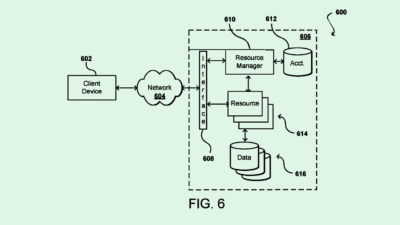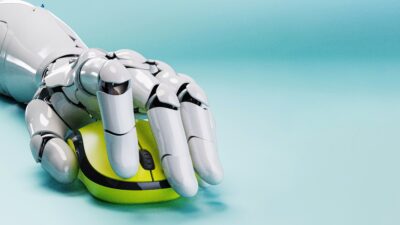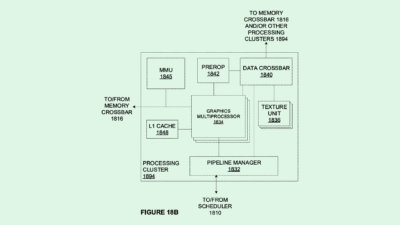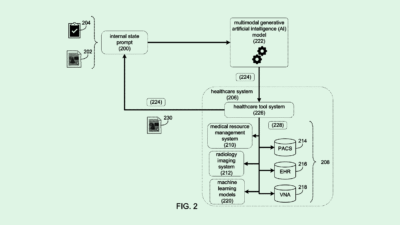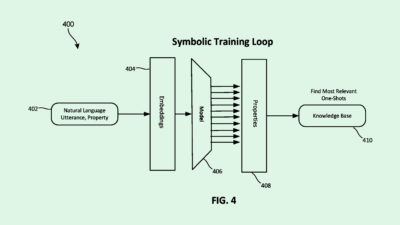Will AI Be Setting Your Salary Soon? Some Workers Hope So
AI might factor into your paycheck more and more over the next few years. Some workers expect that to make pay scales fairer.

Sign up to get cutting-edge insights and deep dives into innovation and technology trends impacting CIOs and IT leaders.
AI is creeping into every corner of the workplace, and paychecks might be the next spot where it takes root.
According to Resume Now’s AI in Pay Report, many workers expect AI to play a larger role in their pay sometime soon.
Some 56% of US workers think that AI’s role in compensation is bigger today than three years ago, and 63% expect that AI’s role in pay will grow significantly more over the next five years.
So how will it factor into decision-making in the human resources department?
“AI can help streamline pay decisions by analyzing market data and recommending adjustments, detecting bias and conducting equity audits to reduce pay gaps, and integrating with performance systems to better align pay with results,” said Keith Spencer, a career expert at Resume Now. “It also supports more strategic, cost-conscious and equitable decision-making.”
More than half of workers think AI can be beneficial to their bottom lines: 68% believe AI makes pay and bonuses fairer, and the same amount said they would trust decisions more if AI were involved.
A necessary component of that fairness would be transparency in decision-making; that’s “essential to earning employees’ trust.” That means giving workers access to pay bands, information about the factors that go into the compensation models, and insight into how algorithms impact pay decisions.
The survey shows 94% of workers also want an independent, third-party review of pay algorithms as a safeguard against bias, and 45% are concerned about replacing human judgment.
“A ‘human hand’ is essential when using AI in compensation decisions,” Spencer said. “While AI can process data objectively and consistently, people provide the context and judgment that algorithms lack.”
The point isn’t to replace humans, but to provide a structure for determining compensation that’s tied to a worker’s role and impact — with human intervention when necessary.

